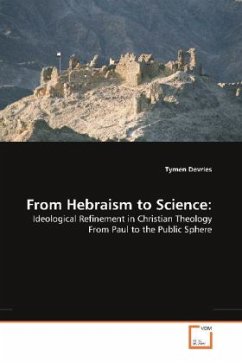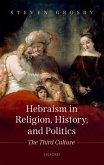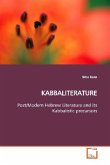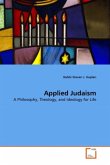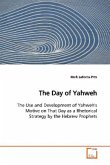The intensive institutionalization that characterizes the period between 1789 and 1933 attests, among other things, the birth of the modern research university and the rise of new academic disciplines. As I demonstrate in terms of successive periods of Christian ethnographies of Jews, Protestant academic theology responds to these shifting political and intellectual contexts with an entrenching ideological refinement. As such, I posit that the true inheritors of the revolutionary thought of the sixteenth century Protestant Reformers are not, as often claimed, nineteenth-century German Protestant academic theologians but, rather, the nineteenth-century Jewish theological reformers associated with Wissenschaft des Judentums. In addition to drawing some parallels between the critical social theory of the early Frankfurt School and the secularized cosmopolitanism associated with German Romanticism, I conclude with some comparisons between the Jewish Reformer Abraham Geiger and the unhappy professor of church history, and friend of Friedrich Nietzsche, Franz Overbeck.
Bitte wählen Sie Ihr Anliegen aus.
Rechnungen
Retourenschein anfordern
Bestellstatus
Storno

